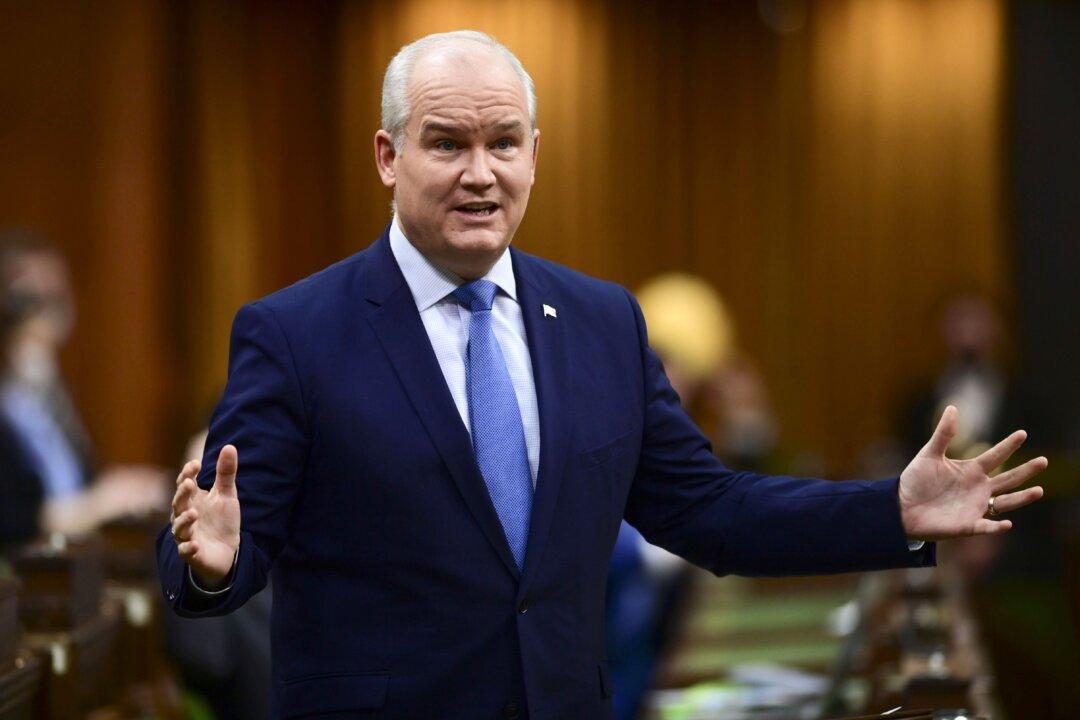Political scientists and strategists agree that Conservative Leader Erin O’Toole is reaching for both centrist and Ontario voters, but disagree on whether the approach will succeed.
Barry Cooper, a political science professor at the University of Calgary, says the Conservatives are trying to gain “the mushy middle, which is already pretty much monopolized by the mushy Liberals,” and the approach won’t work.





